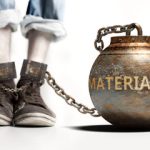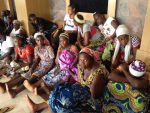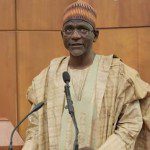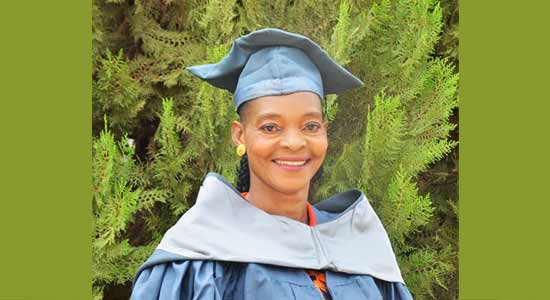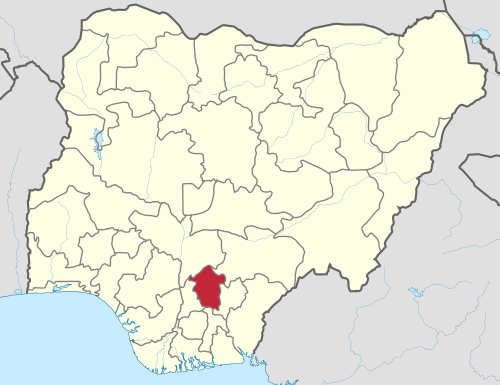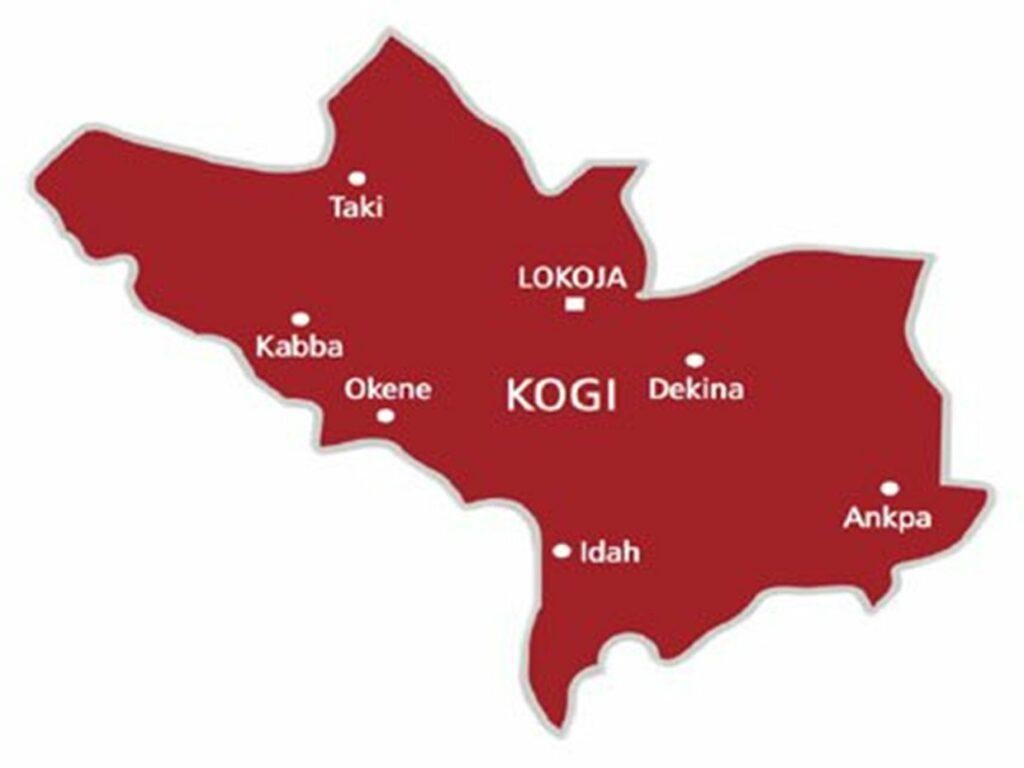PERSPECTIVE: Governments For Whom Palliatives Are Meant
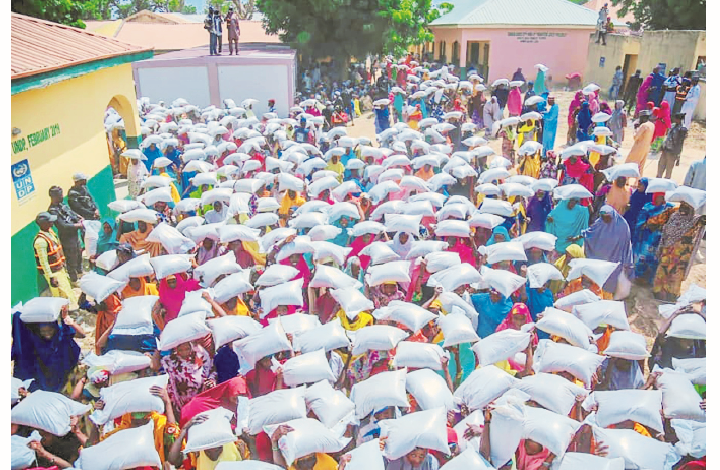

It is not only when people display gross disobedience to the commandments of God that such insubordination constitutes reproach to a nation, oppression against the poor is one of the heinous crimes by which a nation like Nigeria is reproaching God.
NIGERIA is active in formulating policies concerning the rights of people with disabilities but falters at every joint when it comes to implementation.
Most of the bills orchestrated to better the lot of persons with disabilities in our assemblies are just ending up as toothless bulldogs. They have not added ample value to the quality of lives of vulnerable people and persons with disabilities.
Did the moralist in one of our literature books not say that: “What touches us most shall be last served?”
Chinua Achebe was right when he stated in one of his books that: “Whenever a coward sees one he could beat, he is always hungry for a fight.”
Why is it that issues touching the welfare package of our legislators always get jet-speed approval while those concerning the welfare of persons with disabilities often snail-speed on the table of distinguished lawmakers?
For 18 years (1999-2018), the Disability Bill reportedly lingered on the table of the hallowed chambers, begging for passage, even as it became a subject of controversy between the Presidency and the National Assembly.
There had been an uneasy calm when the bill supposed to have been passed into law got hooked up in the tunnel, amid the usual buck-passing, accusations and counter-accusations on who is delaying the passage of the bill.
Even when it was signed into law eventually, state assemblies were still foot-dragging and folding hands on its domestication.
Is Nigeria not eminently presentable among the comity of nations amid its wide population, human and material resources, and God’s natural endowments?
Rather than using its diversity of opportunities to provide diverse solutions to challenges facing her, Nigeria is often going soggy and wormy like the proverbial bourgeoisie who is reputed to be powerful but lacking a deep sense of thoughtfulness on matters of high public interest.
For instance, whenever we talk of palliative, our first port of thought is often directed at the most vulnerable people whose wounds (in our midst) should be extenuated.
It is not a faulty faculty to rationalise and presume so, but not when the air is already tainted, with the nation’s brain box showing it is no longer working properly.
In situations in which it is increasingly becoming rampant for the clear-sighted people to be plundering and looting, in broad daylight, what belongs to the blind, one would realise that such a society in which this is allowed has reached its apogee of criminality.
Recent reports that palliatives meant for humanitarian purposes are being diverted towards inhuman activities by callous people call for a re-examination of the meaning we have erroneously attached to vulnerability and palliatives.
It seems to me that Nigeria has stayed too long in the dark, and blindness has consequently become natural to it, even as we can no longer differentiate between right and wrong, or between equality and equity.
Conversely, the major problem which persons with disability are encountering in the society is not the nature of his or her disability. He or she is not even bothered by the lack of sympathy towards his or her plight. But what is more distressing to him or her is the lack of empathy in which people who are able-bodied fail to put themselves in their position, even from the point of understanding that they are capable people who deserve a chance to display their gifts and be encouraged.
The general attitude of people has been that where man cannot find space to sleep, it is criminally unheard of to contemplate finding a space for a dog to sleep and snore.
It is now proverbially a case of everybody hustling for just anything and where this becomes the rule of the game, it is either you make do with cutting off the cheap legs of a lunatic than wait for eternity expecting to find the costly legs of the sane person.
This is where we often misplace our priority on finding rightful quarters to where palliatives are meant, thinking erroneously that vulnerability is more on the side of wounds being physical than emotional. This is not so.
I go with the voice of the great Poet who once opined that the casualty is not the wounded, wheeled alive to the Emergency Unit of the hospital wards, or those wheeled to the mortuary dead on arrival, but the living (from the government’s misrule) dies daily by instalments.
Unless one understands that the word “wound” is in the same cognate family with the words:” “wonder “and “ponder”, (all of which are not superficial) one may not know that these words go beyond mere surface or physical level.
This is where the wounds which palliatives are meant to facilitate and extenuate are emotional and psychological. It is usually not the wounds which the naked eye could see, even though its effect could be devastating physically and emotionally.
If this is a settled case for emotional and psychological damage, how do we then apply physical treatment to something which treatment requires mental, spiritual and psychological?
When a government which is supposed to place the welfare of people uppermost in its affairs is the same found to be responsible for pulverising the hope of people which has already been torn into fragments, it is not a wound which can be placed in the realm of the physical.
Talking of measure for measure in this case, especially on the issue of getting appropriate treatment for a wound, one must view it based on mind for mind and flesh for flesh.
Healing of patients on hospital beds has been discovered to entail a bit of physical and emotional treatment, and which is why the doctor must appeal not only to his or her physical needs but also his or her emotional and psychological needs. This is why doctors dress well and are equipped with the right composure necessary to gain the confidence of the patient, assured that he or she is being managed by good hands.
However, when in America, medical doctors who were supposed to bind the broken hearts of their patients were discovered to be callous, with no feeling for the plight of their patients, the palliatives recommended for dealing with the situation was the introduction of interdisciplinary studies in the curriculum of medical students.
Noting that the same Apollo, as the god of medicine is the same god of poetry (literature) universities in the U.S. made it mandatory for medical students to read literature to develop in them a sense of human feeling in which they would put themselves in the condition of their patients. It worked wonders as civility and human face started to temper their human relations.
What do we therefore recommend as healing balm or as palliatives for governments which have constantly betrayed in-humane-ness for the plights of the vulnerable and persons with disabilities?
It is an open secret everywhere that the economic gains accruing from the removal of oil subsidy isnow deep in the pockets of state governments, and rather than using the palliatives appropriately, many are using them for the physical needs of cronies in their political spheres while others are ploughing them into projects which are of no long-term value.
Whether we like it or not and even from the way governments have settled their minds on the administration of palliatives, Nigeria has been reduced to a big Internally Displaced Persons (IDP) Camp. The only difference between the usual IDP camp where victims of terrorism are kept and our larger IDP camp is that the majority of us are in captivity right in our homes.
We are yet to even settle the issue of who is rightly entitled to palliatives and what form of palliatives are needed for our ailments.
The period of the civil war in Nigeria saw notable churches and mosques taking foodstuffs and drugs, clothes and other reliefs to IDP camps to ameliorate the pains being borne by physically displaced Nigerians.
What are our religious institutions doing today to bring relief to Nigerians who are being hit left, right and centre by the unceremonious way in which oil subsidy was removed, even in an inaugural presidential speech?
Rather than setting the right agenda on what and where palliatives should truly belong, our religious circles are milking their congregations by demanding more from them in terms of sacrifice.
Isn’t it time for the church, for instance, to begin to give spiritual and psychological palliatives to the public on their civic responsibilities while emphasising to the electorate what their attitudes should be to voting?
It is high time people were given the right reorientation that both vote and vow (both having the same Latin root of votum) are of the same family of sacredness.
Just as the matter of vow is between a person and his or her God, voting is not to be influenced by money or by anyone else. It isn’t very certain if many teachers in religious houses understand this fact. Rather than teaching the right doctrine, it is the saccharine gospel of prosperity that is the preoccupation in most schools of theology.
We have seen much of empty bags of rice which governments (who are to be pitied) are doling out in constituencies like the Shakespearean tale, told by idiots, full of sound and fury signifying nothing.
What I think our governments deserve as the right palliative is the psychological dose that Professor Adeoye Lambo once recommended for politicians aiming at serving in public office.
“Let them first go through mental and psychological tests to confirm their fitness.”
There are too many executive lunatics in high offices wearing coats and big gowns but whose mental illness is worse than those parading our streets naked.
Is it not a height of malady for elected people to be looting public treasuries blind, coasting billions of Naira into private pockets?
Let’s give the right palliatives to the right government quarters.
The second part of this article takes us through how geniuses, who are disabled persons, keep moving their advanced nations forward (having enjoyed equitable patronage from their governments) but the reverse is the case in Nigeria, nay Osun State too.
OLALERE FAGBOLA writes from Osogbo, Osun State.
The opinions expressed in this publication are those of the author. They do not represent the opinions or views of OSUN DEFENDER.

